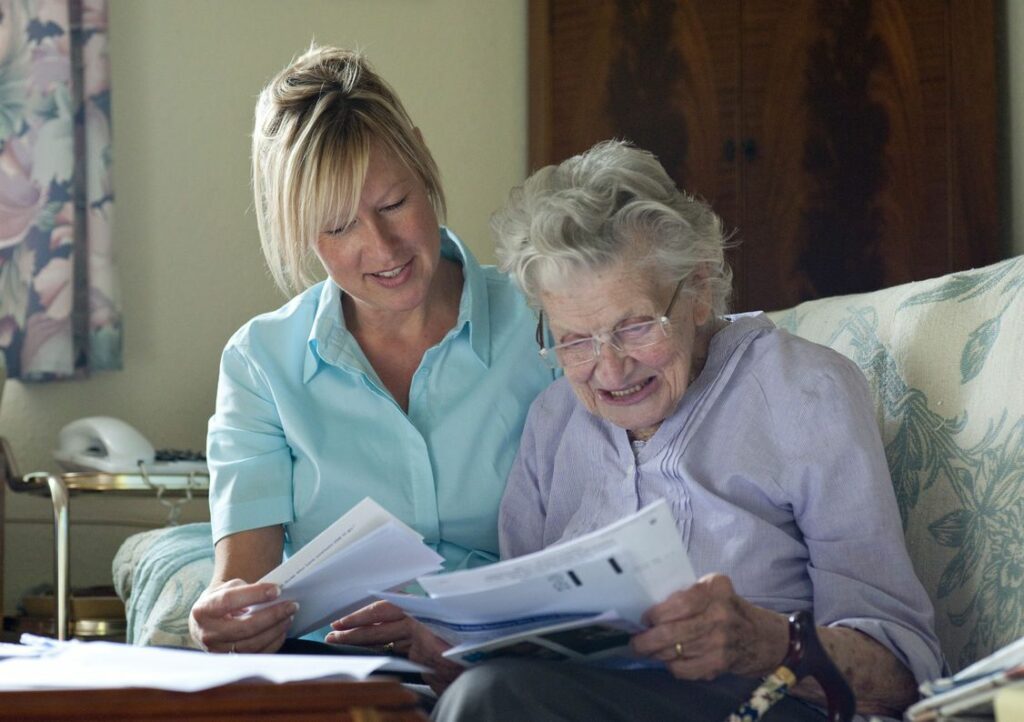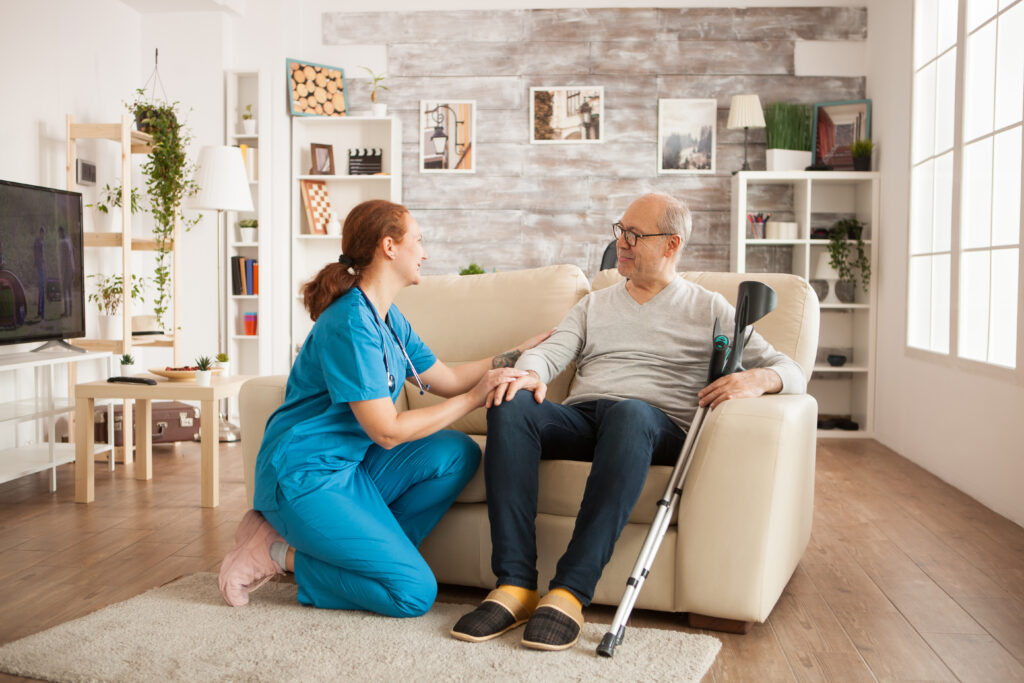Care for couples is wonderfully exemplified in older pairs who have been together for 30, 40, 50+ years. They’ve been through everything together. They’ve been each other’s support systems and best friends, they’ve shared experiences and memories, and no doubt plan to see out their days as they have always been: together.

But what happens if one of them needs specialised care? And what if we add the extra complication of a condition such as dementia into the mix? It might seem that the only option is for one of them to go into a care home.
Imagine that this elderly couple are your parents or grandparents? How would they cope with this separation? Would the parent who remains at home be able to cook, clean and keep the house in order by themselves? Would the condition of the parent who has gone into a home deteriorate because of separation anxiety? Would they suffer from depression and stress?
Luckily, care homes are no longer the only option for an older person who needs extra care and support; there are alternatives that will allow an elderly couple to continue to live together.
Care Homes for Couples
We’ll start here because care homes do offer care for couples but it can be complicated. It’s not always guaranteed that married couples can stay together, and care homes are set up mainly for the needs of individuals.
Unless they both parties have the exact same care needs (which is unlikely) a couple will more than likely be cared for in different areas of the home due to practicalities for the staff, and so they’ll probably have separate rooms.

Some homes might be more accommodating than others and allow them to use one room as a joint bedroom and the other as a sitting room, but this is going to be a rare exception rather than a rule.
A couple who have lived a long and independent life in their own home are going to have to learn to cope with the loss of privacy that comes from living in a home with others, not to mention that the cost of two places in a care home can work out incredibly expensive.
Home Care for Couples
Home care involves carers coming to the home of your elderly parents or relatives several times a day, or when required, to take care of their needs. This can be particularly beneficial to the healthier spouse who, with this support, can continue to care for their partner in familiar surroundings.
It also provides great peace of mind to relatives who would take on the bulk of this care themselves, but live too far away or have work and family commitments that make it difficult.

Of course this type of care does come with restrictions – there’s no one there in the middle of the night , and complex needs such as dementia care might not be met with at home care, but for those couples who don’t have loved ones living nearby and need extra help with household chores, running errands, or help with getting upstairs at night and back down again the morning, home care can be a fantastic (and often the first and immediate) option.
Live-In Care for Couples
Private live-in care is the next step up from home care, and provides 24/7 assistance for your loved ones. This type of care can suit couples where one requires dementia care, as it’s much less disruptive for them to remain in their own home.
Live-in care, like home care, offers support to the healthy member of the couple as well. This is particularly important if their partner does have dementia, as living with someone who has the condition can be very stressful at times.

If this is something maybe you’re thinking of suggesting to your parents it worth knowing that a live-in carer will of course require their own room within their home, as well as a TV and internet connection. While not the cheapest type of care available, it can make better financial sense than paying for two places in a care home
Research has shown that full-time at home care can reduce an elderly person’s risk of a fall by up to 33%, and causes of hospital admission by 46%.
How can Care in Kent help with Care for Couples?
If you want to know more about care for couples, or those with dementia, please contact us at Care In Kent


